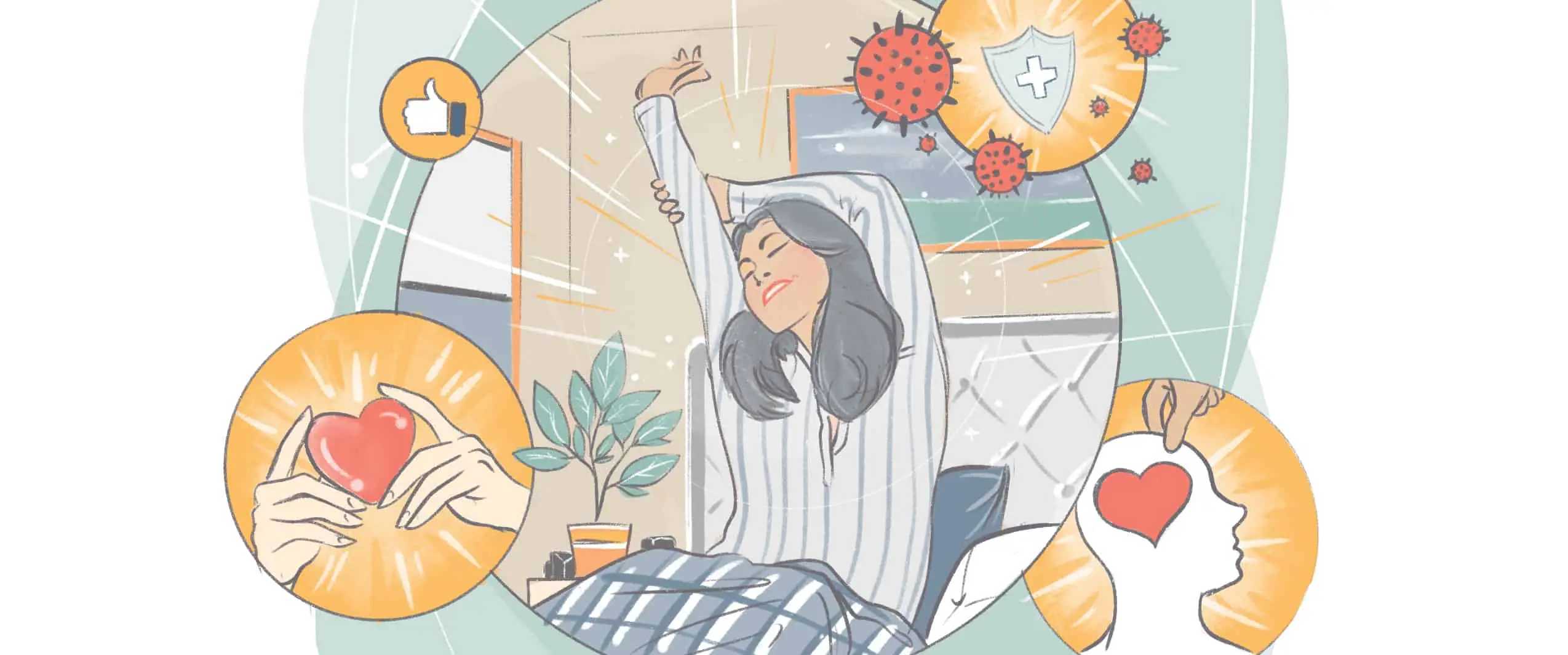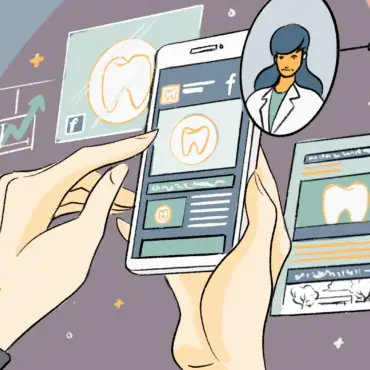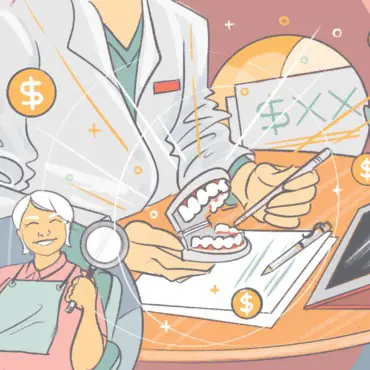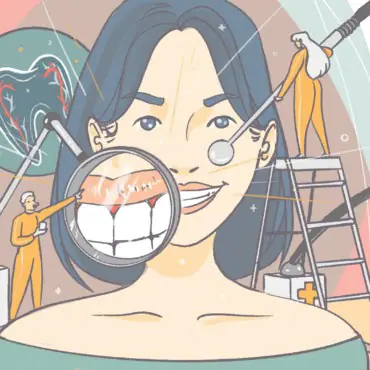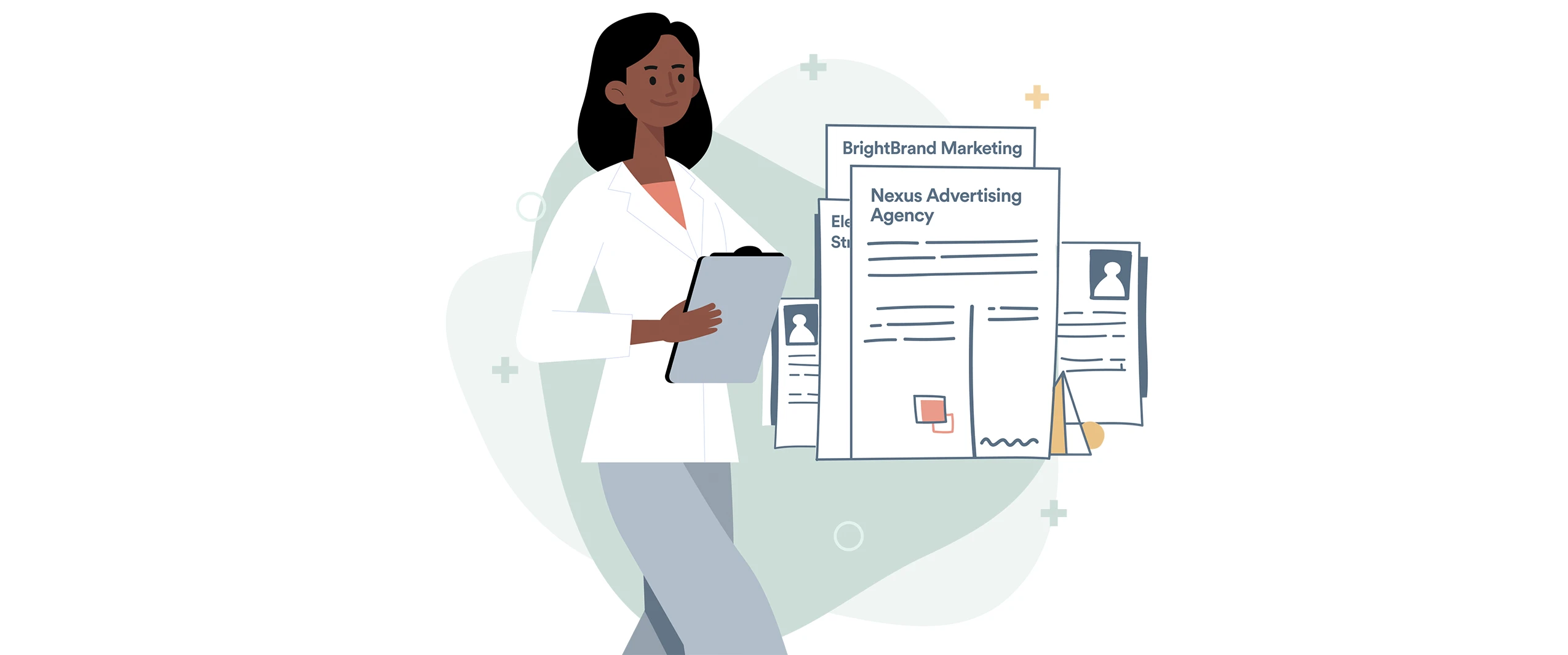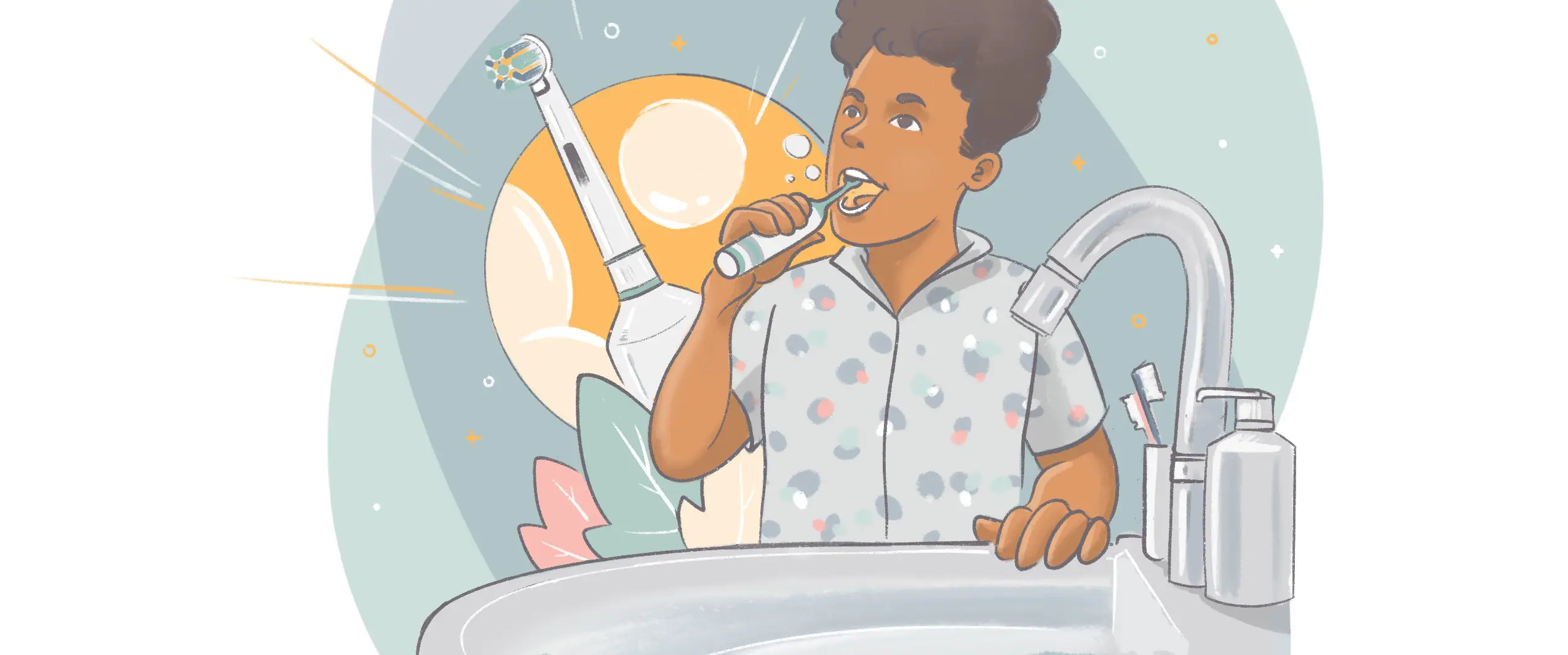Our body can go without food for about one to two months, and only three to four days without water. How long can we survive without breathing? Now imagine choking several times an hour, hundreds of times every night, over several years.
When did choking in our sleep become normal? Today more than 1 billion people suffer from drowning-like events in their sleep, and 85% of them are unaware of their condition.
Popping and clicking of the jaw joints, TMJ pain, snoring or waking up gasping for air, mouth breathing, and teeth grinding and/or clenching are NOT normal and should never occur. They are signs your body is struggling and fighting to get the air it needs, going into a fight-or-flight mode that affects your overall health.
Why is a full night’s sleep so important?
Proper sleep and breathing is on the forefront of medical research. While there is much more to learn, it is now widely accepted that there are many important biological processes that occur during healthy sleep, such as:
- Proper brain function: Healthy sleep allows neurons to reorganize. When you sleep, your brain’s glymphatic system (water clearance) clears out waste from the central nervous system. It removes toxic byproducts from your brain, which build up throughout the day. This allows your brain to work well when you wake up. Sleep also contributes to memory functions by converting short-term memories into long-term memories.
- Weight regulation: Sleep affects your weight by controlling hunger hormones. Specific hormones including ghrelin, which increases appetite, and leptin, which increases the feeling of being full after eating, are regulated during sleep. Poor sleep elevates the production of ghrelin and suppresses leptin. This imbalance makes you hungrier, which may increase the risk of eating more calories and gaining weight.
- Proper insulin function: Some studies suggest sleep may protect against insulin resistance. By keeping cells healthy they are able to process glucose more efficiently. The brain also requires less glucose while sleeping, which may help the body regulate overall blood glucose. Insulin is an important hormone that helps your cells convert and use glucose, or sugar, for energy. Insulin resistance causes the cells to fail to respond properly to insulin. Insulin resistance can lead to high blood glucose levels and, eventually, Type 2 diabetes. Some research suggests healthy sleep can protect against insulin resistance.
- Immunity: Your body makes cytokines during sleep. Cytokines are special proteins that fight infection and inflammation. Certain antibodies and immune cells are also created during healthy sleep. These molecules help defend against illness by destroying harmful germs. During sleep, your body produces cytokines, which are important proteins that fight infection and inflammation. That’s why sleep is so important when you’re sick or stressed. During these times, the body needs even more immune cells and proteins. Healthy sleep may promote a strong and healthy immune system enabling your body to fight infections.
- Heart health: Interrupted or unhealthy sleep has also been linked to risk factors which impact overall heart health. These include hypertension, overactive sympathetic nervous system activity and elevated levels of the stress hormone cortisone.
- Emotional wellbeing: Healthy sleep is necessary for emotional health. During sleep, specific regions of the brain are actively regulating emotion while supporting healthy brain function and emotional stability.
- Cellular restoration: Every cell in your body is designed to restore itself. This happens during deep, restful sleep. Sleep enables cells to repair and regrow. Many important processes happen during healthy sleep.
- Energy conservation: The energy conservation theory reveals how our bodies conserve energy during sleep by enabling our body to reduce our caloric requirements.
Due for a checkup?
Find a top rated dentist near you that takes your insurance.
What happens when we don’t sleep properly?
Sleep deprivation can negatively impact every cell and organ system in the body.
The average adult requires between seven and eight hours of sleep. Interrupted or poor sleep habits can lead to fatigue, poor decision-making and increased risk of accidents.
Additionally, it is becoming more and more evident that sleep deprivation can lead to a variety of chronic health problems including premature death.
Warning signs of chronic sleep deprivation
- Chronic fatigue
- Venous pooling (dark circles under the eyes)
- Snoring
- Daytime sleepiness
- Chronic depression
- Chronic pain (specially neck and back)
- Migraines or persistent headaches
- Heart diseases
- Hypertension
- ADHD symptoms
- Erectile dysfunction
- Insulin resistance (leading to diabetes)
- Bed wetting
- Teeth grinding and/or clenching
- Moodiness and/or anxiety
- Lack of concentration
- Crooked teeth
- Mouth breathing
- TMJ disorders
- Dry mouth
No wonder the most exciting advancements in dentistry are airway-related, and how they can greatly improve your quality of life. Understanding the relationship of our mouth, teeth and airway to the rest of our body is the new frontier of dentistry.
Why is obstructive sleep apnea so common nowadays?
Studies show our modern lifestyle is a big factor. Short breastfeeding period, soft foods diet, tongue and lip ties – these are just a few components that can lead to underdeveloped jaws and narrow palates, which in turn can affect our airways and our breathing and sleep patterns.
Orthodontic treatments that extract teeth to create space are also a common cause of airway and breathing problems. They might straighten the teeth, but also reduce the jaw arc, and consequently the space for the tongue muscles, pushing everything to the back, reducing the airway.
Today more than 80% of adults have had an orthopedic intervention to correct crooked or crowded teeth and a large majority have had their wisdom teeth extracted because their jaws fail to properly develop.
Aging, weight gain, allergies are also factors.
Worth noting is that there are three types of sleep apnea: central, obstructive and mixed (a combination of the two). Obstructive sleep apnea is the most common, in which the airway has become narrowed, blocked or floppy. Central sleep apnea occurs when there’s no blockage of the airway, but the brain doesn’t signal the respiratory muscles to breathe.
Obstructive sleep apnea treatments
Treatment for OSA has traditionally been the use of CPAP machines, surgery or mandibular advancement appliances, which treat the symptoms but not the root cause – and can worsen the condition over time.
Laser therapy is a great new option for many cases, offering a non-invasive, no device and anesthesia-free treatment with immediate results. It decreases snoring and opens the airway by increasing collagen production and shrinking the tissue on the back of the mouth and tongue. It lasts around a year and can be reapplied as needed.
Still need answers?
Book with a top-rated dentist in your city to get the treatment you need.
The good news is, today we can treat the root cause of OSA in children and adults with new devices and a multidisciplinary approach, including myofunctional therapists, sleep doctors, ENT (ear, nose and throat) specialists, and chiropractors. By slowly expanding and remodeling the craniofacial structure, we can minimize or eliminate the symptoms of sleep apnea.
This is done with a patented appliance. It’s non-invasive, nearly invisible, painless, and most patients feel the benefits of the treatment within the first days or weeks. Better yet, upon completion of treatment, many patients do not require further intervention for OSA.
We are just starting to realize how our breathing affects our health, and what we can do to improve it. The COVID-19 pandemic has just reinforced the need for a whole-body approach to dentistry, leading to a longer and healthier life.
Being healthy is more important than ever, and your dentist is a powerful ally to achieve it.
Think you’re suffering from sleep apnea? See a dentist today to help treat and get a better night’s sleep.

